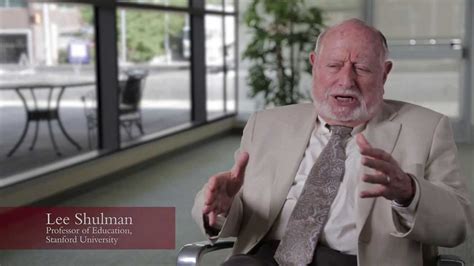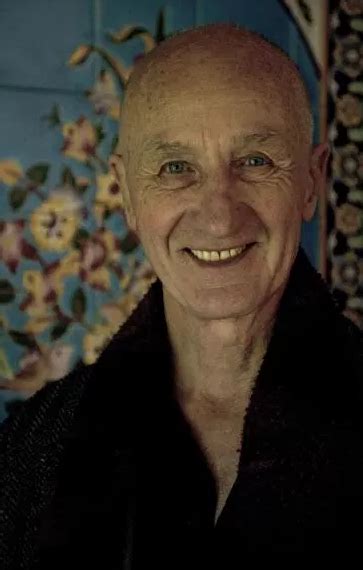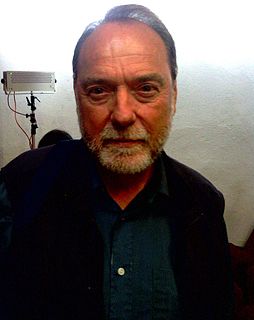A Quote by Phillip E. Johnson
Modernism is typically defined as the condition that begins when people realize God is truly dead, and we are therefore on our own.
Related Quotes
... we did decide to trust Christ, but the reason we made that decision is that God had first made us spiritually alive. ... God comes to us when we're spiritually dead, when we don't even realize our condition, and gives us the spiritual ability to see our plight and to see the solution in Christ. God comes all the way, not partway, to meet us in our need. When we were dead, He made us alive in Christ. And the first act of that new life is to turn in faith to Jesus.
Let this point therefore stand: that those whom the Holy Spirit has inwardly taught truly rest upon Scripture, and that Scripture itself is self-authenticated. . . . Therefore, illumined by his power, we believe neither by our own nor by any one else's judgment that Scripture is from God; but above human judgment we affirm with utter certainty (just as if we were gazing upon the majesty of God himself) that it has flowed to us from the very mouth of God by the ministry of men.
MOST of the ugliness in the human narrative comes from a distorted quest to possess beauty. COVETING begins with appreciating blessings: MURDER begins with a hunger for justice. LUST begins with a recognition of beauty. GLUTTONY begins when our enjoyment of the delectable gifts of GOD starts to consume us. IDOLATRY begins when our seeing a reflection of God in something beautiful leads to our thinking that the beautiful image bearer is worthy of WORSHIP.
As long as you and I understand salvation as checking off a box to get to God, we will find ourselves in the meaningless sea of world religions that actually condemn the human race by exalting our supposed ability to get to God. On the other hand, when you and I realize that we are morally evil, dead in sin and deserving of God's wrath with no way out on our own, we begin to discover our desperation for Christ.
The moment in the account of Adam and Eve in the book of Genesis is when they realize they're naked and try and cover themselves with fig leaves. That seemed to me a perfect allegory of what happened in the 20th century with regard to literary modernism. Literary modernism grew out of a sense that, “Oh my god! I'm telling a story! Oh, that can't be the case, because I'm a clever person. I'm a literary person! What am I going to do to distinguish myself?...a lot of modernism does seem to come out of a fear of being thought an ordinary storyteller.
When the throne of God is overturned, the rebel realizes that it is now his own responsibility to create the justice, order, and unity that he sought in vain within his own condition, and in this way to justify the fall of God. Then begins the desperate effort to create, at the price of crime and murder if necessary, the dominion of man.
Our time on earth and our energy, intelligence, opportunities, relationships, and resources are all gifts from God that he has entrusted to our care and management. We are stewards of whatever God gives us. This concept of stewardship begins with the recognition that God is the owner of everything and everyone on earth. ... We never actually own anything during our brief stay on earth. God just loans the earth to us while we're here. It was God's property before you arrived, and God will loan it to someone else after you die.
This question of love begins and ends with the willingness to be welcoming to one's own experience as a loving action towards oneself. It may be dark, it may be light, it may be joyous, it may be sorrowful, but it's your experience, and therefore, your life. As we have that kind of loving response towards our own life, then life itself in terms of the outside world, begins to feel different.
Perhaps we will one day be able at least to admit of a God possessing sufficient majesty and expansiveness to transcend the limits of our own imaginations and experience. But meanwhile, . . . we might do well to look upon the inadequacy of our concepts of God as the truest mirror of those limitations that define our condition.




































